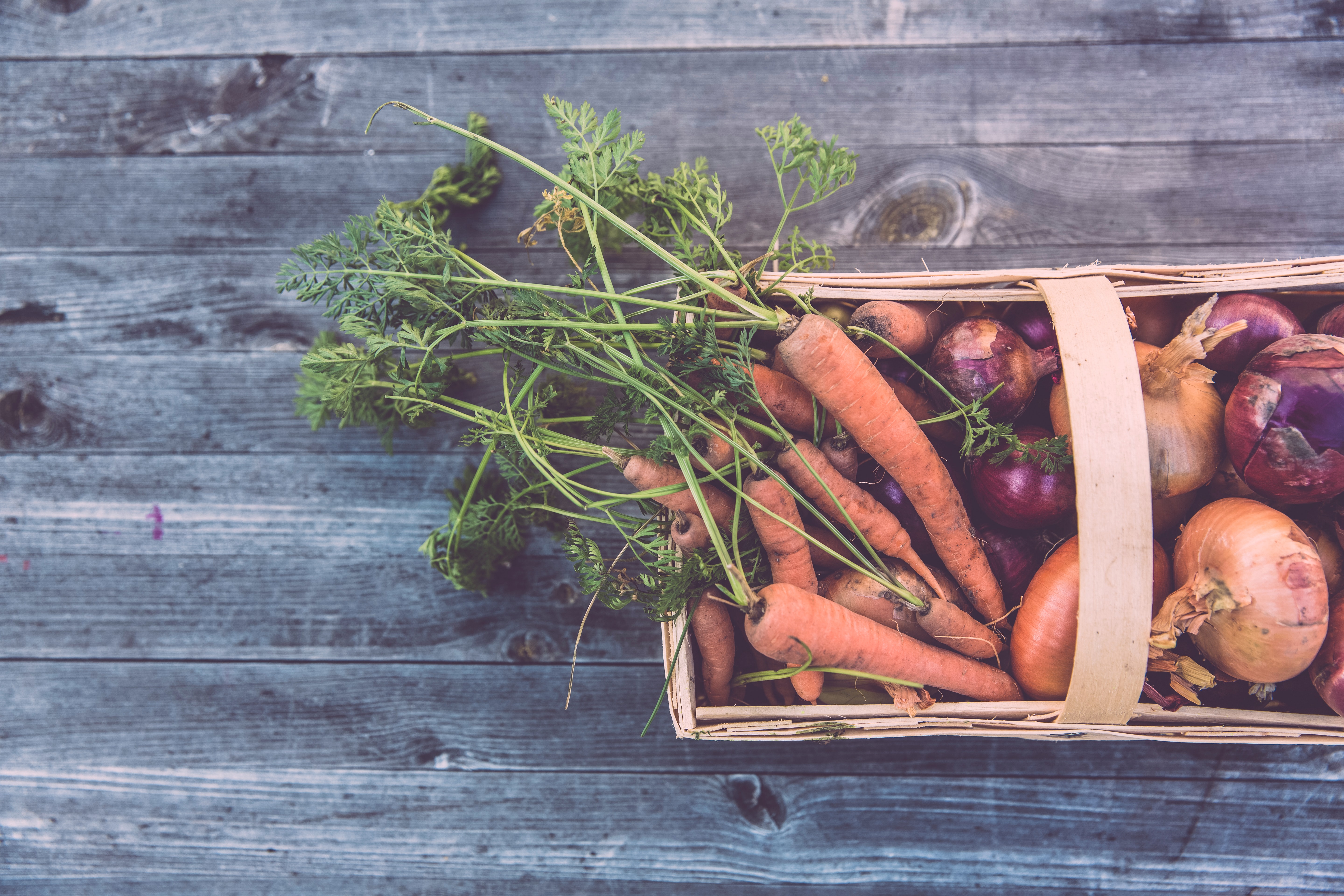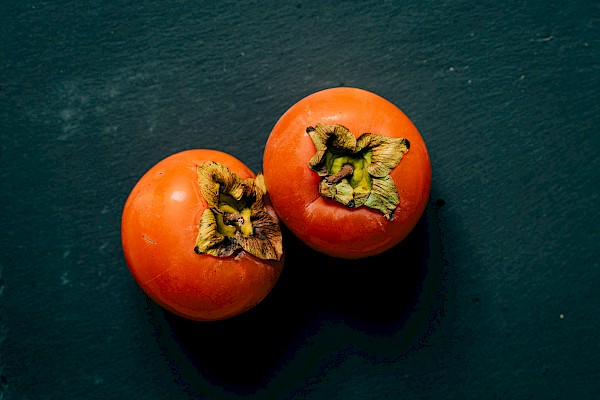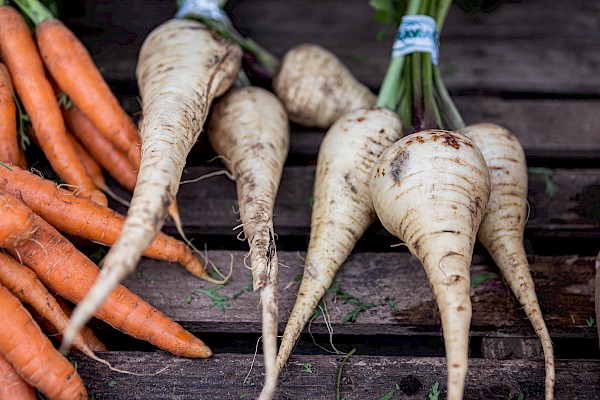Eat yourself healthy
Both a home office and home schooling create challenges for adults and children when it comes to diet. When the fridge is suddenly always accessible and regular mid-morning and lunch breaks don’t happen, we need to find a way of keeping a regular structure in our day. We must make an active effort not to give into the temptation of the easily accessible fridge and kitchen cupboard, which are well-filled because of the coronavirus, due to boredom, greed or frustration.
How often I have given myself or my child something to snack on, as something to do or to calm us down? How often do I pop candy into my mouth when I want to ‘give myself a treat’? Maybe we now finally have more time to try out new recipes at home. But who’s going to eat what we bake?
Because we’re no longer going to work or school, because the gyms and fitness centres are closed, we are moving less and we need less energy. Consequently, we have also stopped eating healthy, balanced meals at set times.
When we take in sufficient vitamins, minerals and protein, this supports our immune systems. Older people in particular need to ensure that their protein intake is sufficient, so they don’t lose muscle tissue. Food supplements are not a solution, because the important substances that our bodies need can only be taken in and absorbed in combination with a balanced diet. You will find information about how to eat a balanced diet and what that means in our article on nutrition.
Here are a few nutritional tips that you should pay special attention to in this atypical situation:
Keep to your mealtime schedule
By keeping to your mealtime schedule (breakfast, lunch and dinner), the desire to snack and munch on things will be reduced between meals. If you now have your main meal at lunchtime, you can plan something lighter for the evening (e.g., yoghurt with fresh fruit, home-made vegetable soup, salads).
Cook in small quantities
We don’t need to use up everything at once, even if the kitchen cupboards are full. We need less energy right now, and should therefore eat smaller portions, to keep our energy budget balanced. Of course, exceptions to this apply to anyone who continues to work in a physically demanding job, or who actively continues to play a lot of sports within the current restrictions. As such people have a high energy budget, they need to continue to take in sufficient energy and can eat their usual food portions. If you have taken up a sport due to the coronavirus, and are now even more physically active than normal, then make sure that you take in enough energy and eat a balanced diet.
Plan your menus
During the pandemic, we should no longer go shopping so often, so menu planning will make shopping easier and prevent us from buying too much food, which would mean that we then eat too much because of best-before dates.
Fewer fatty meals
Dishes like raclette, fondue, fries, chicken nuggets and ready meals with a high fat content should be enjoyed on a limited basis. Instead, eat a healthy, balanced diet and make sure that you are eating plenty of fruit and vegetables. This will also give your immune system a boost.
Prepare all your meals fresh
At home we have the best opportunity to prepare our food ourselves. If you have children, get them involved in cooking too. Family activities structure and enrich the daily routine, which helps children to be creative and actively involved in cooking as well as their schoolwork. For adults, too, it is good way of counterbalancing working at home and managing the daily routine.
Bake and give it away
We don’t need to eat all our home-made cakes and biscuits ourselves. We can package up our baking creatively, walk or cycle to friends’ houses, and leave it as a nice surprise in their mailboxes. This way, we are not just giving joy to others, we are also taking exercise. Alternatively, cakes and gateaux can be frozen and enjoyed at a later time.
Be sensible about sweet things
There is no need to stock up on sweet treats. After all, we live in the land of chocolate, and it’s not going to run out. Don't buy so many sweet things, so that you don’t fall into temptation because there are so many in the cupboard, and decide in advance when you will allow yourself one. This is highly recommended for families too. In this way, unnecessary discussions and nagging about sweets can be reduced considerably, because each child knows in advance when they will be handed out.
Eat only in one place in your flat or house
This will mean you stop snacking in front of your computer or on the sofa. When working at home, make sure that you never eat your lunch at the computer, but deliberately take a lunchbreak and sit down at your dining table for your lunch.
Drink plenty of water or unsweetened tea
Our brains need fluids to be productive. It is important to drink enough when working at home, and when home schooling too, just the same as in school or at work. But avoid sweet drinks and drink water or unsweetened tea instead. If you drink enough, you will be less peckish between meals.
Consume alcoholic drinks in moderation
Even if the word ‘Corona’ makes you think of the Mexican beer, don’t forget that alcohol inhibits fat burning and contains a lot of calories. We won’t discuss alcohol’s other unhealthy properties here! If you have any questions about your consumption of alcohol or other addictive substances, these services may help you.
Include exercise in your plans for the day as often as possible
Movement is good for both body and soul; it boosts the immune system and at the same time decreases our desire for sweet things. That’s why it helps to plan to exercise at home too. You will find more tips in our news articles on this specific topic.
 subscribe to newsletter
subscribe to newsletter


